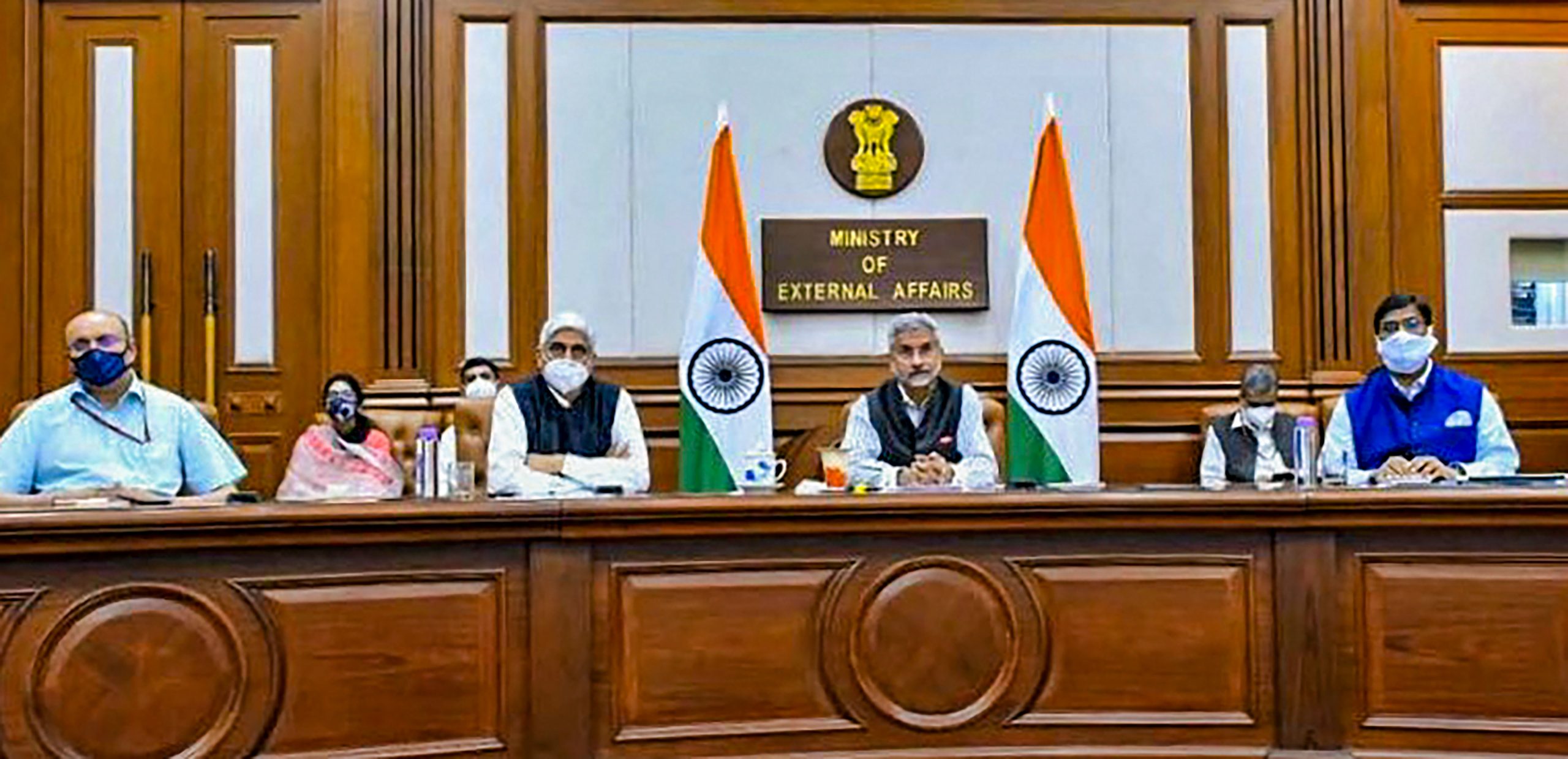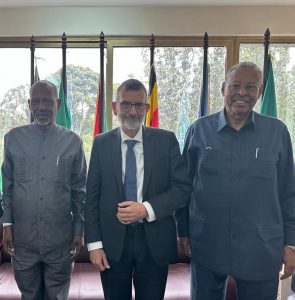India will begin its two-year tenure as a non-permanent member of the UN Security Council (UNSC) on Friday. India, which has been at the forefront of the years-long efforts to reform the UNSC, will sit in the 15-nation Council for the 2021-22 term as a non-permanent member. This is the eight-time that the country has had a seat on the powerful horseshoe table, news agency PTI.
On Friday, India, Norway, Kenya, Ireland, and Mexico will join non-permanent members Estonia, Niger, Saint Vincent and the Grenadines, Tunisia and Vietnam, and the five permanent members China, France, Russia, UK, and the US.
India will be UNSC President in August 2021 and will preside over the council again for a month in 2022.
The presidency of the council is held by each of the members in turn for one month, following the English alphabetical order of the Member States’ names.
“As the largest democracy…we will be promoting very fundamental values like democracy, human rights and development,” India’s Permanent Representative to the UN Ambassador T S Tirumurti told PTI.
India’s message will also be to ensure “how do we let diversity flourish in a united framework, which is in many ways the United Nations itself. This is something which India as a country, as what it stands for, will take to the council.
Tirumurti said India will “definitely” emphasise a greater need for cooperation in the council, which should not be a place where because of any paralysis of decision making, urgent requirements do not get properly focused.
“We would like to have a more cooperative structure in which we genuinely look out and find solutions and go beyond the rhetoric,” the envoy said.
India will also underscore the importance of respect for rule of law and international law.
“The current multilateralism is not factoring in multipolarity. When you have a structure, which is able to accommodate the multipolarity in a multilateral framework, then automatically (there is) a more responsive, more rule-bound and more inclusive process,” he said, adding that this will lead to reform in the multilateral system.
Tirumurti has outlined counter-terrorism, peacekeeping, maritime security, reformed multilateralism, technology for the people, women and youth and developmental issues, especially in the context of peace-building, as India’s priorities for the UNSC tenure.
India, the endorsed candidate from the Asia-Pacific States, won 184 votes out of the 192 ballots cast in the elections in June for the five non-permanent seats of the Security Council.







